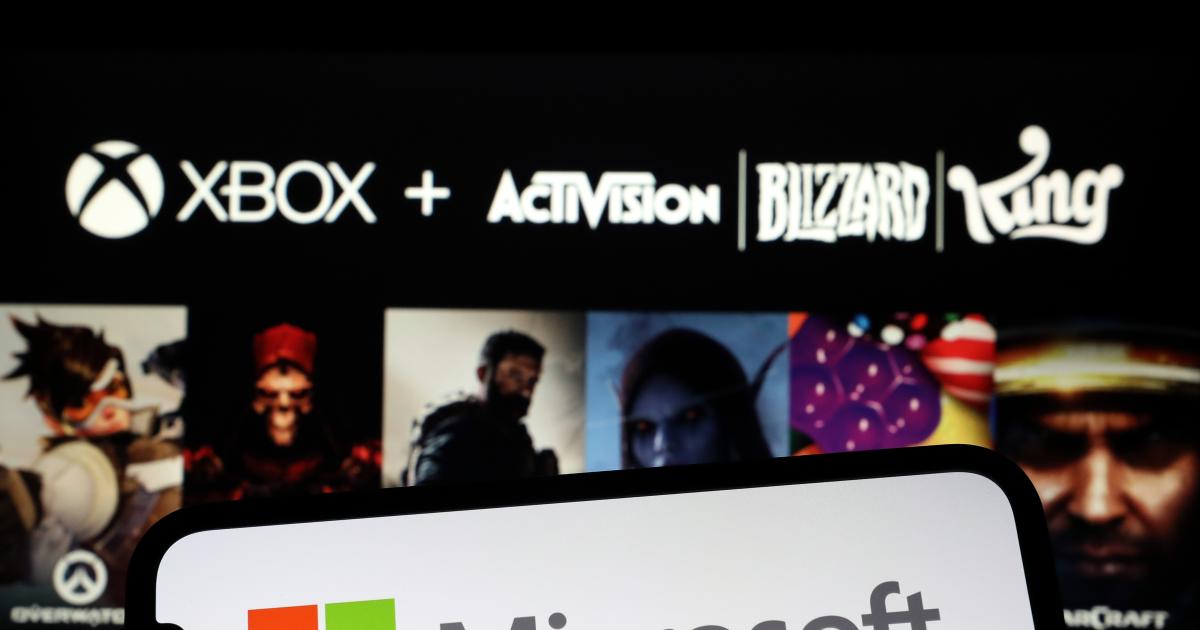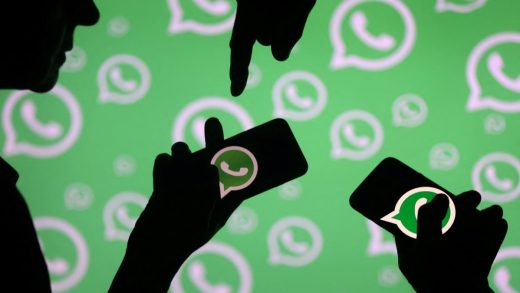
Microsoft has reportedly cleared a major regulatory hurdle as it tries to move toward finalizing its Activision Blizzard purchase. The company’s licensing offers to competitors are expected to appease European Union (EU) antitrust concerns about the $69 billion acquisition, according to Reuters. The EU previously said it believed the deal could “significantly reduce competition” in PC, console and cloud gaming.
The EU isn’t expected to demand asset sales to approve the deal. However, the potential sale of Call of Duty has been a point of contention; Microsoft wants to hang onto the property while using the licensing agreements to quell regulators. The company has pledged to keep the franchise on competing platforms for at least 10 years if the purchase closes; it’s even bringing Call of Duty to Nintendo’s consoles.
Microsoft says it’s “committed to offering effective and easily enforceable solutions that address the European Commission’s concerns.” “Our commitment to grant long-term 100% equal access to Call of Duty to Sony, Steam, NVIDIA and others preserves the deal’s benefits to gamers and developers and increases competition in the market,” a Microsoft spokesperson told Reuters.
The company announced the deal in January 2022 to help it compete against industry leaders Tencent and Sony while developing its take on the metaverse. “Gaming is the most dynamic and exciting category in entertainment across all platforms today and will play a key role in the development of metaverse platforms,” Microsoft CEO Satya Nadella said at the time.
Microsoft will still need to appease the US Federal Trade Commission and UK regulators before the deal can be finalized. The company only has until July to sort out the antitrust concerns, or it will need to renegotiate or abandon the purchase (which would mean paying a breakup fee of up to $3 billion).
All products recommended by Engadget are selected by our editorial team, independent of our parent company. Some of our stories include affiliate links. If you buy something through one of these links, we may earn an affiliate commission. All prices are correct at the time of publishing.


